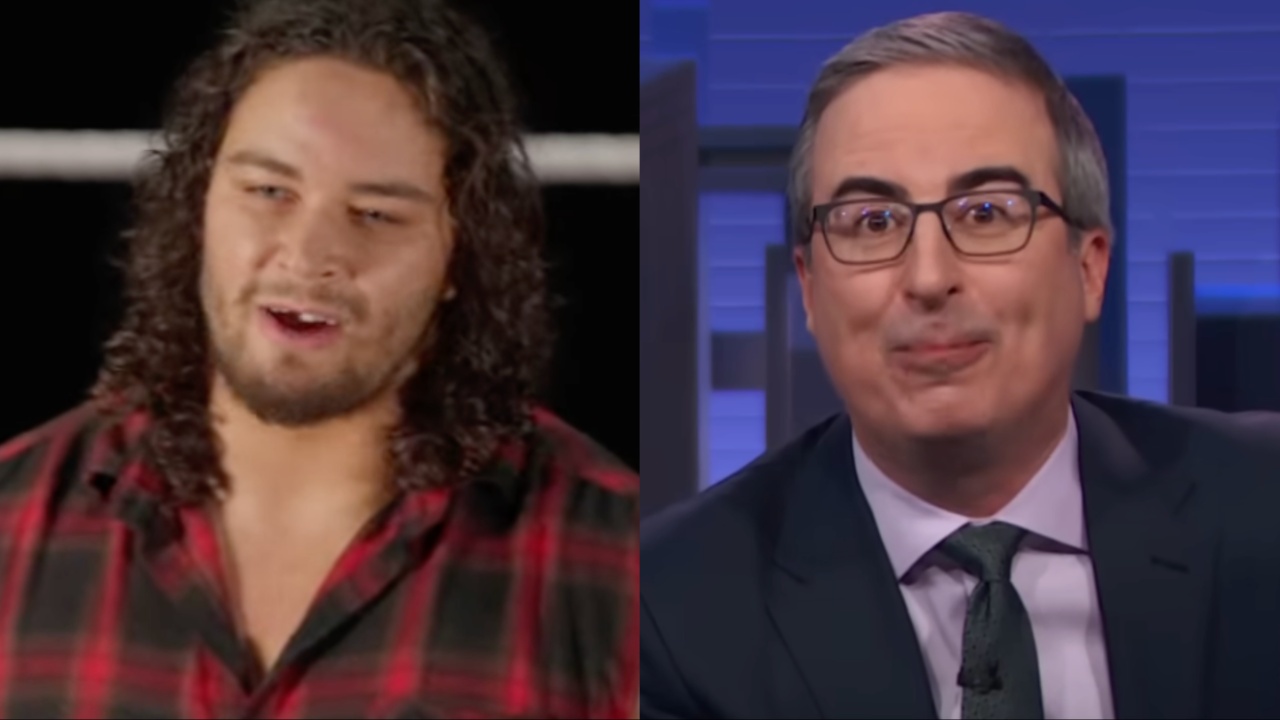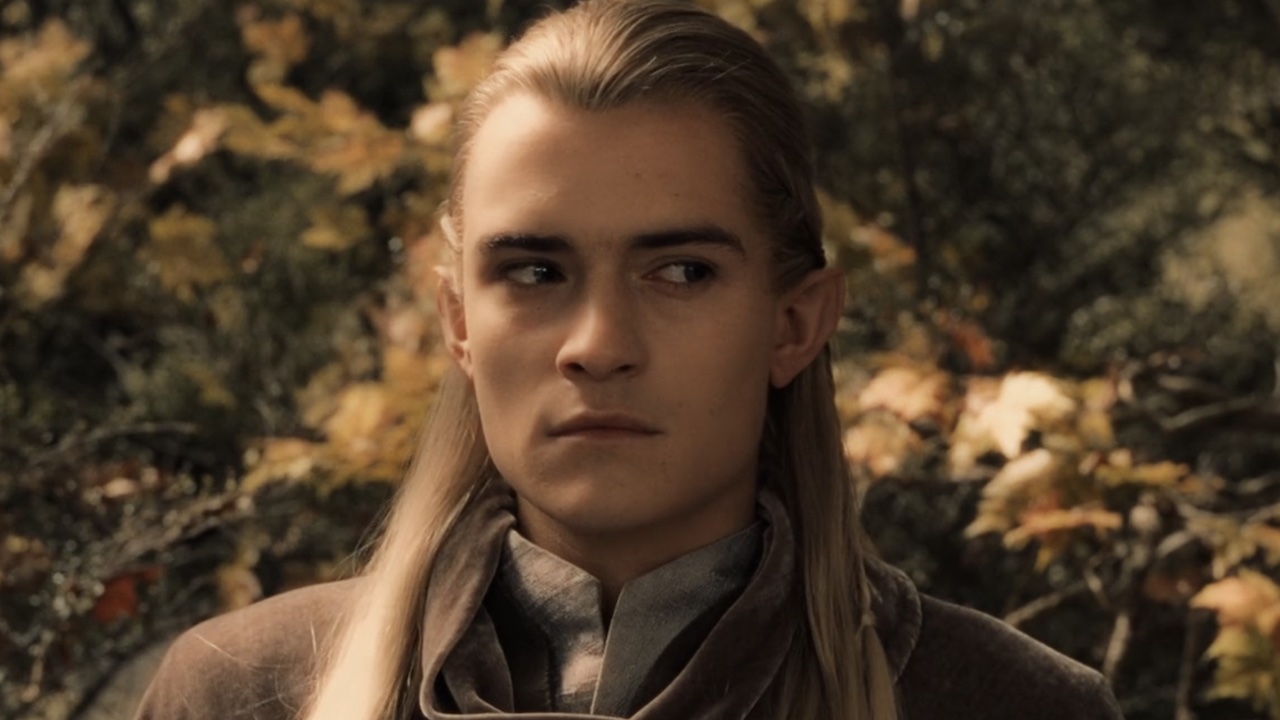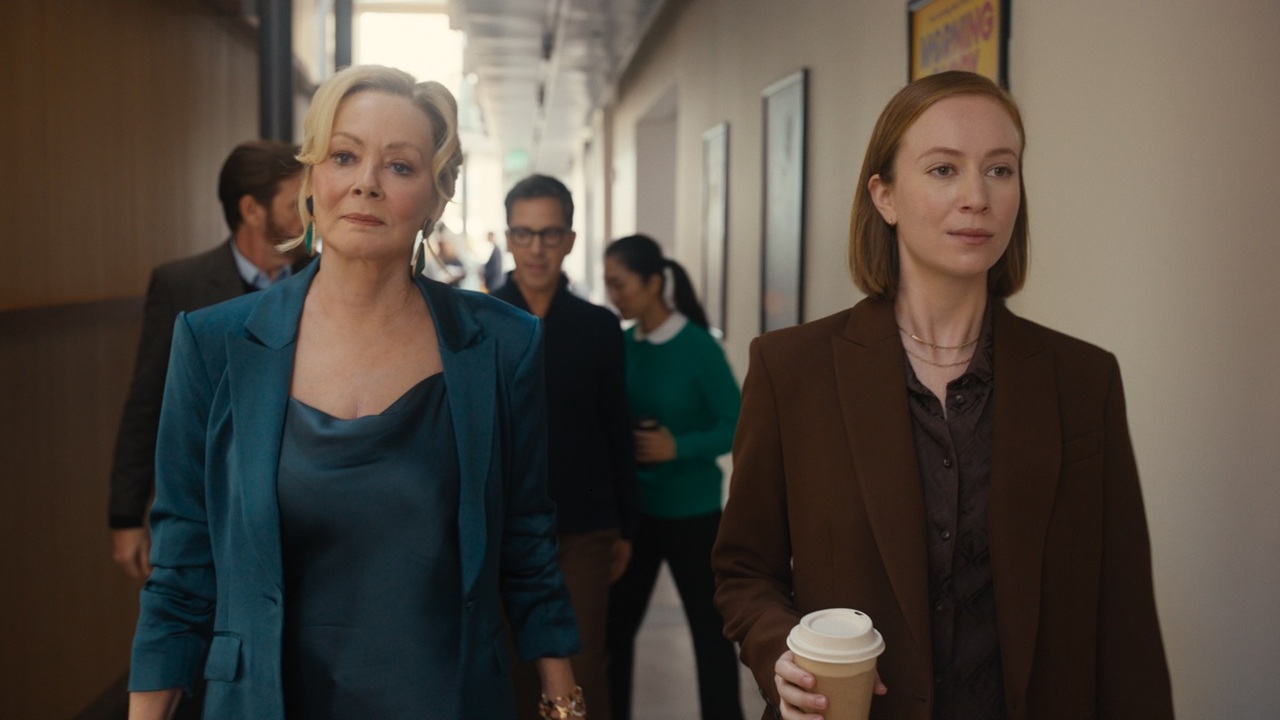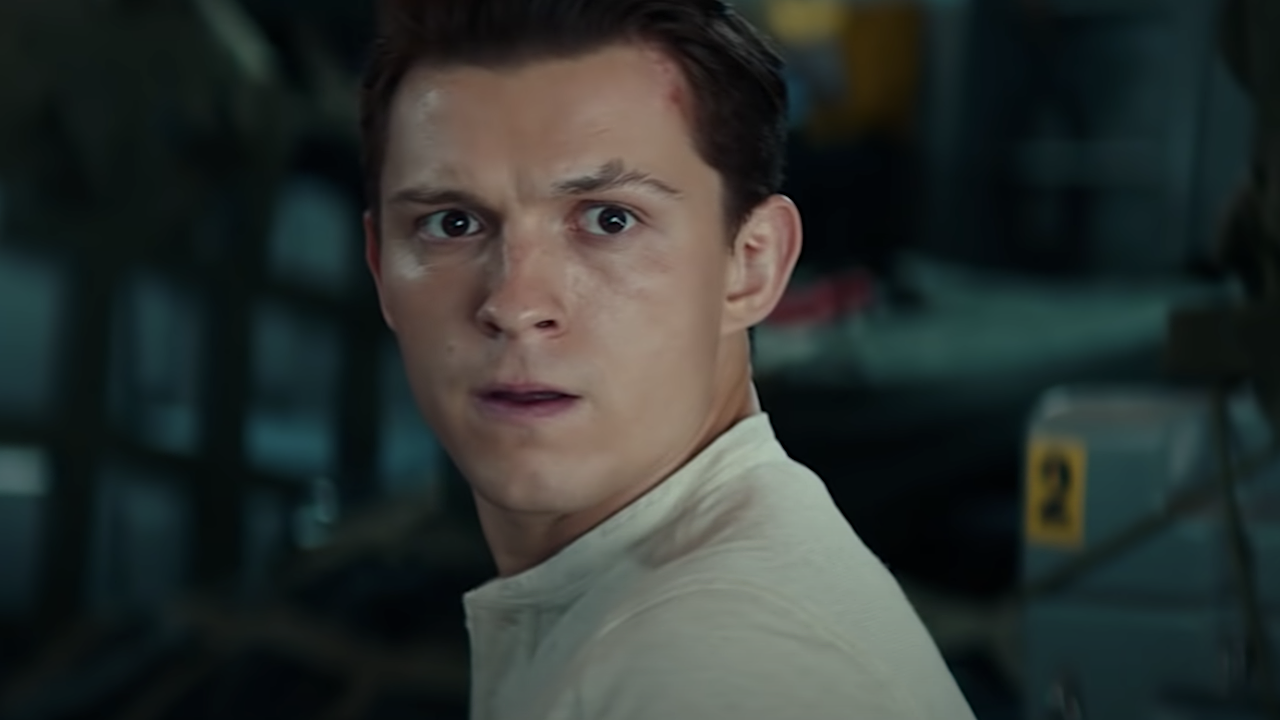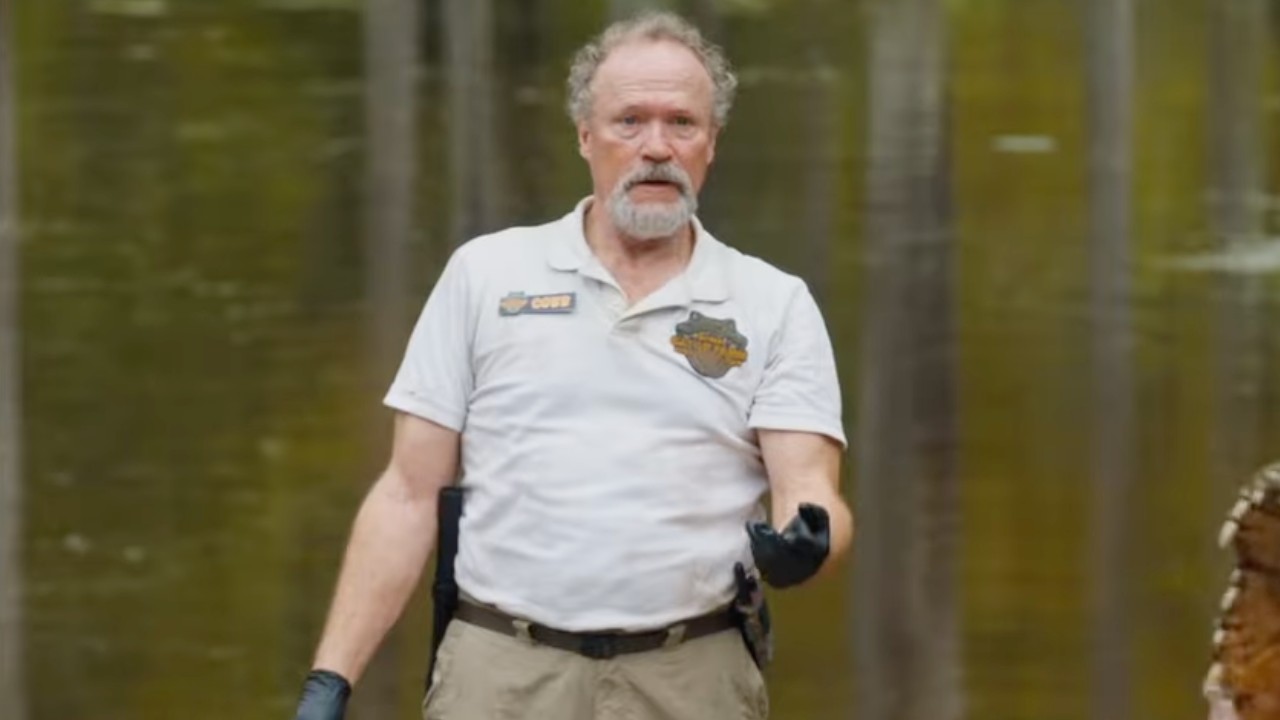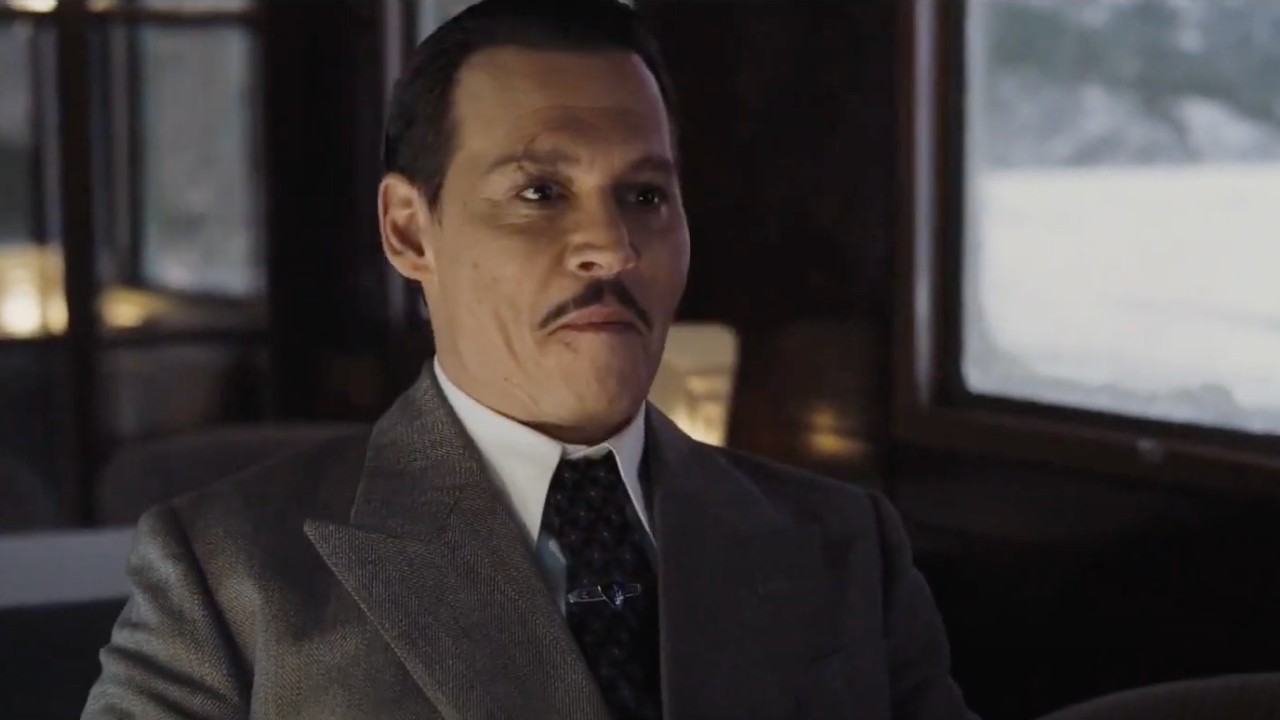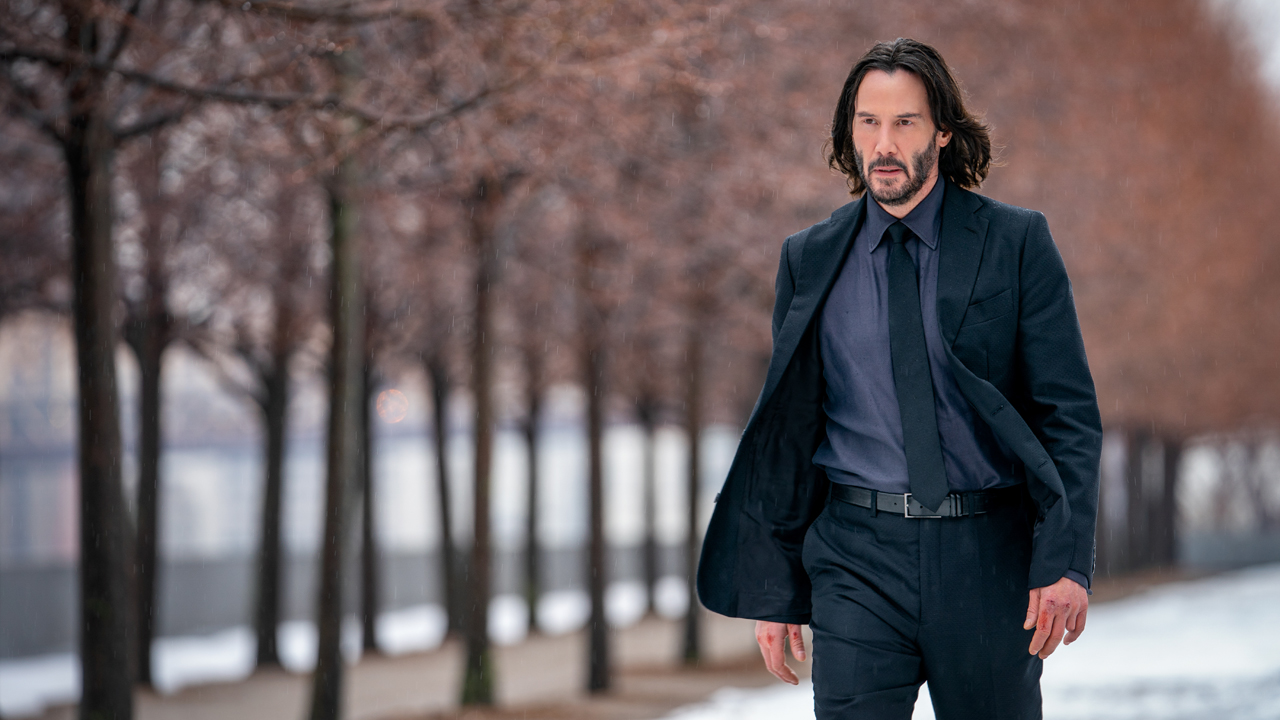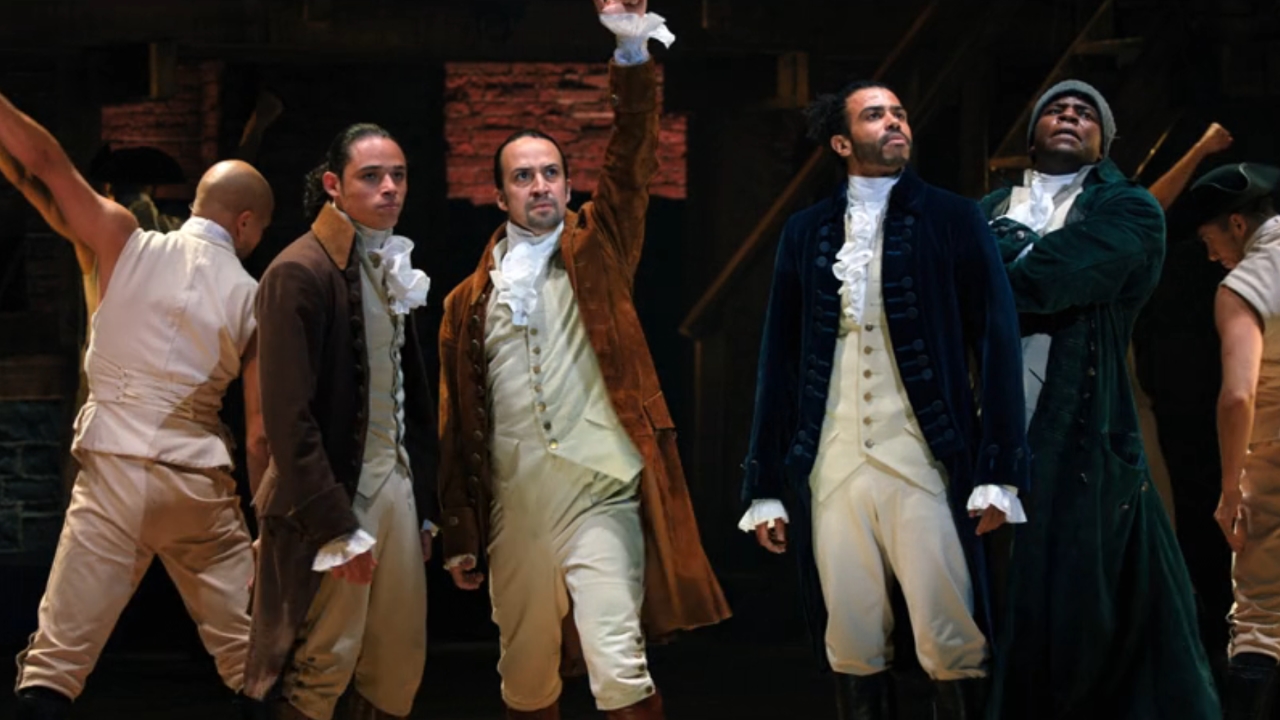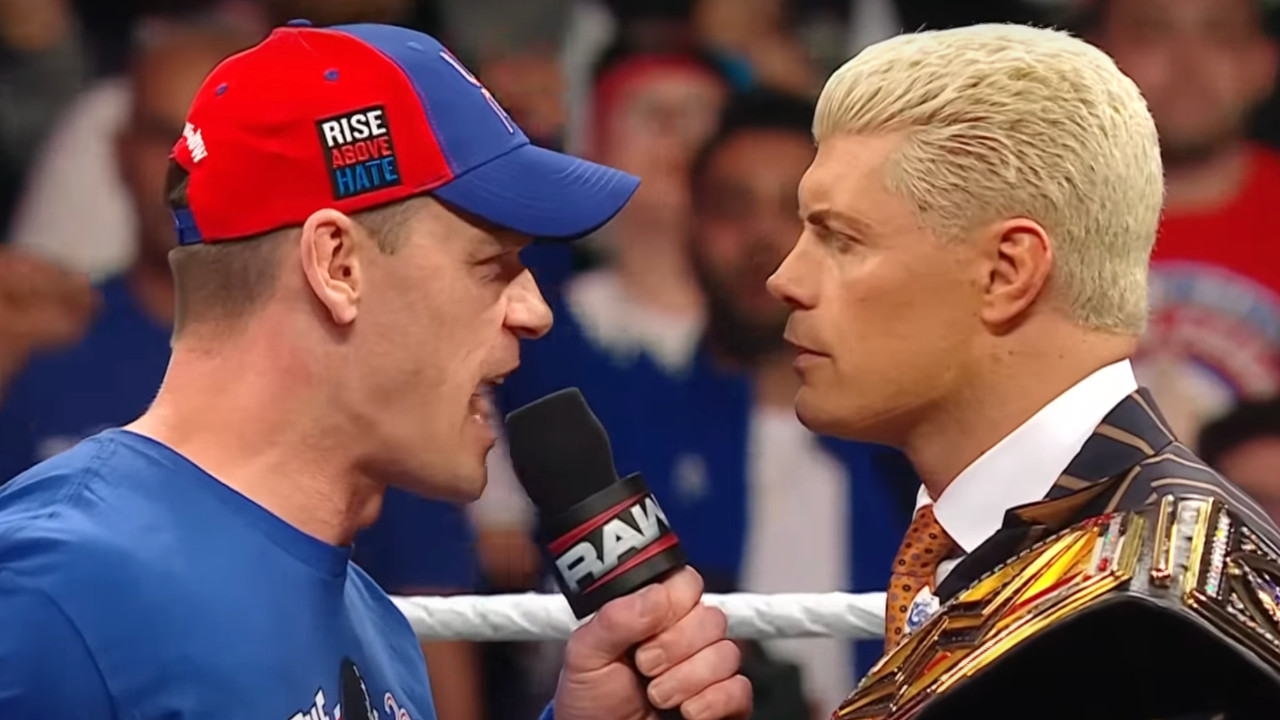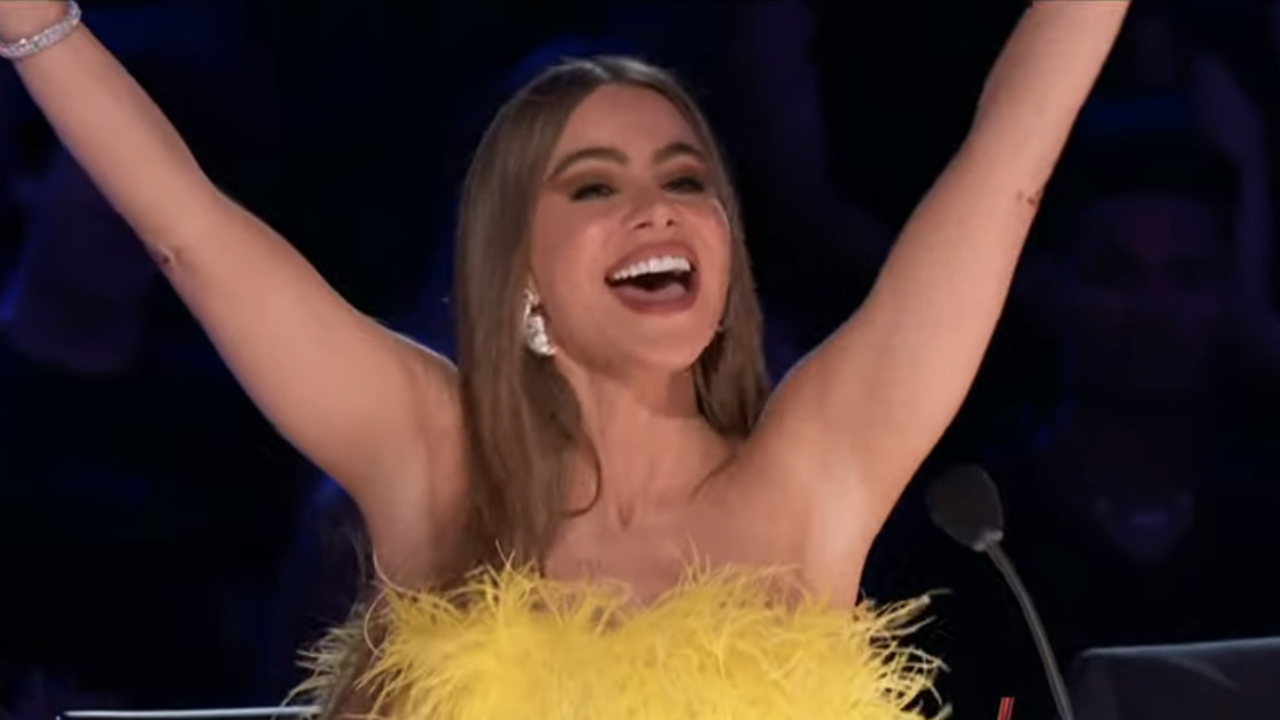Harry Potter And The Sorcerer's Stone: 10 Behind The Scenes Facts About The Magical Movie

It has been close to 20 years since Harry Potter and the rest of the students and professors at Hogwarts School of Witchcraft and Wizardry enchanted audiences around the world with the wizard sensation, Harry Potter And The Sorcerer's Stone (The Philosopher's Stone outside of the United States). And with the franchise that introduced the world to the likes of Daniel Radcliffe and Emma Watson still popular as ever, there's never been a better time to look back on some of the most fascinating behind the scenes facts from the making of the movie.
Without further ado, let's take a look all those fantastical facts about the movie, from the early days of pre-production to the finished project. Here are the 10 most fascinating things that happened behind the scenes of the first of many film adaptations of J.K. Rowling's best-selling book series.
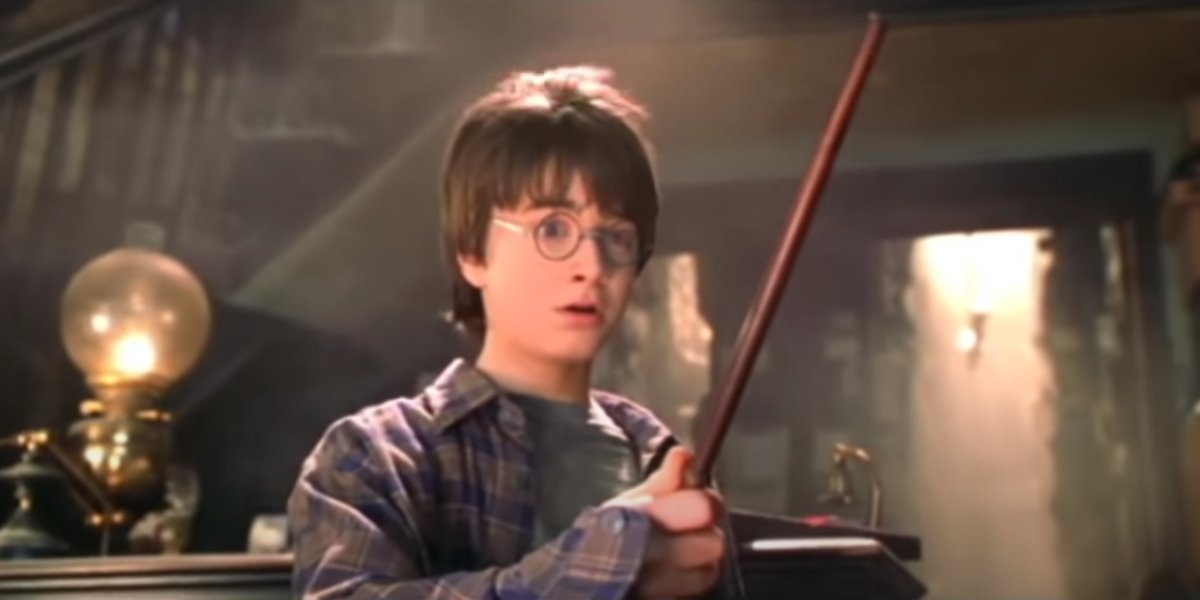
Stephen Spielberg Was Originally Attached To Direct
Although his name didn't appear on the credits of Harry Potter And The Sorcerer's Stone, Academy Award-winning filmmaker Stephen Spielberg was originally attached to adapt the beloved children's fantasy series before dropping out pretty early in the project. During a 2012 interview with Digital Spy, the director of classics like Jaws, E.T., and Jurassic Park revealed that he spent about five or six months developing Harry Potter And The Sorcerer's Stone before stepping aside, saying:
I just felt that I wasn't ready to make an all-kids movie and my kids thought I was crazy. And the books were by that time popular, so when I dropped out, I knew it was going to be a phenomenon. But, you know I don't make movies because they're gonna be phenomenons. I make movies because they have to touch me in a way that really commits me to a year, two years, three years of work.
But, if a 2010 report from the Los Angeles Times is to be believed, after Spielberg and DreamWorks passed on the project, the production company came back with the idea of combining the books and making the movie an animated feature instead of live-action.
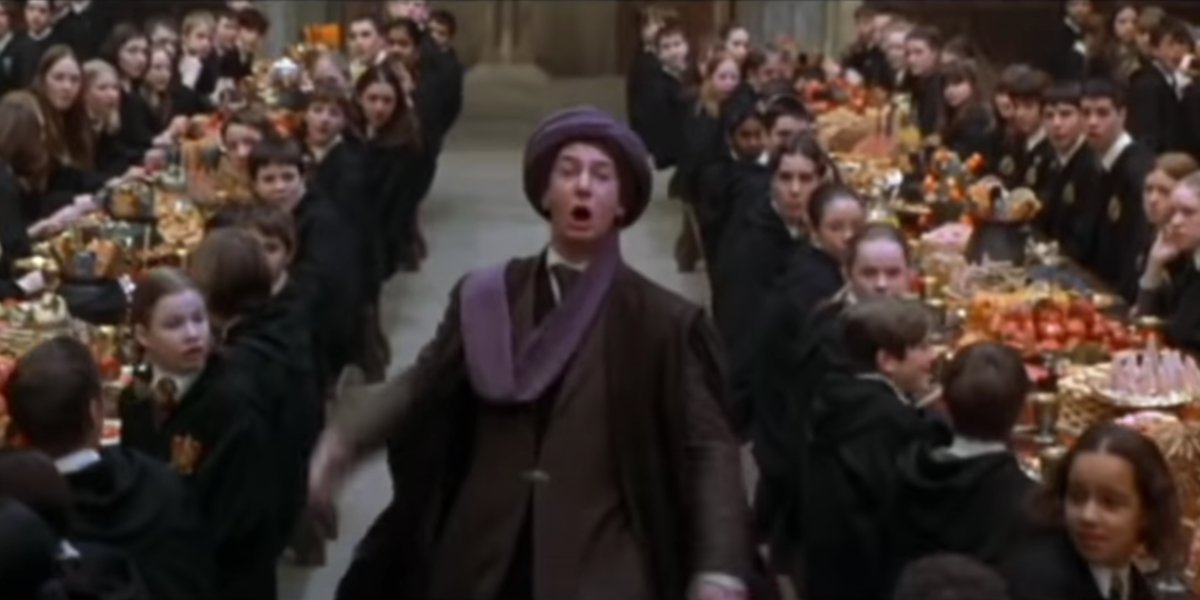
J.K. Rowling Originally Wanted Terry Gilliam To Direct The Sorcerer's Stone
American-born British filmmaker Terry Gilliam was pretty close to taking a seat in the director's chair in the first Harry Potter movie, but the studio heads at Warner Bros. shot down the idea when J.K. Rowling and other producers attached the project. During a 2013 career-spanning interview with EW, the visionary director had this to say about his involvement:
J.K. Rowling and the producer wanted me. Then wiser people — studio heads — prevailed. I was the clear choice. At one point they approached Alan Parker and he said, 'Why are you talking to me? Gilliam is the guy who should be doing this!' But I knew I was never going to get the job.
It's hard to imagine the director of 12 Monkeys, Brazil, and The Man Who Killed Don Quixote making Hogwarts look as family friendly as Chris Columbus' vision, but it would have been an amazing, albeit disturbing look for the franchise.
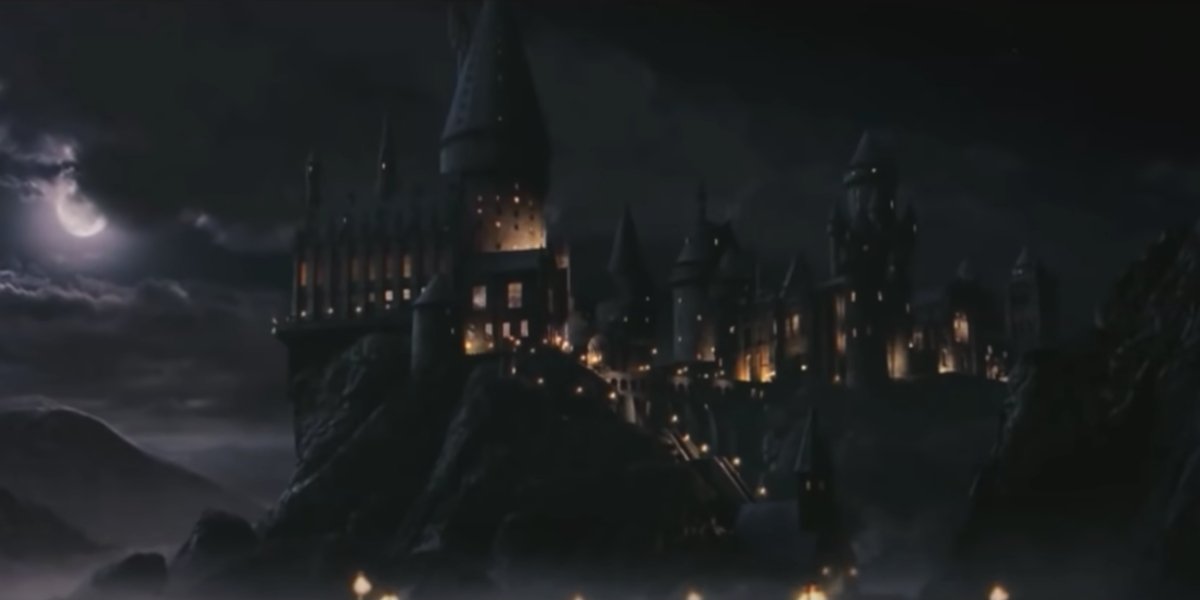
Warner Bros Wanted To Film At The Famed Canterbury Cathedral, But Authorities Wouldn't Clear Due To The Nature Of The Series
Remember how all those faith-based groups decried Harry Potter as satanic, demonic, and evil that would warp the minds of young readers? Well, the vitriol and religious fervor exhibited by many of the Christian faith wasn't reserved solely for the series of novels. In fact, it stopped The Sorcerer's Stone from being filmed in one of the locations Warner Bros wanted the most.
CINEMABLEND NEWSLETTER
Your Daily Blend of Entertainment News
According to a June 2000 article in The Guardian newspaper, authorities at Canterbury cathedral refused to grant Warner Bros' permission to use the iconic cathedral as a filming location, even after the studio offered a substantial amount of money to turn the building into Hogwarts. Canterbury authorities were reported as being concerned by the themes of the story and did not want the cathedral to be associated with acts of paganism.
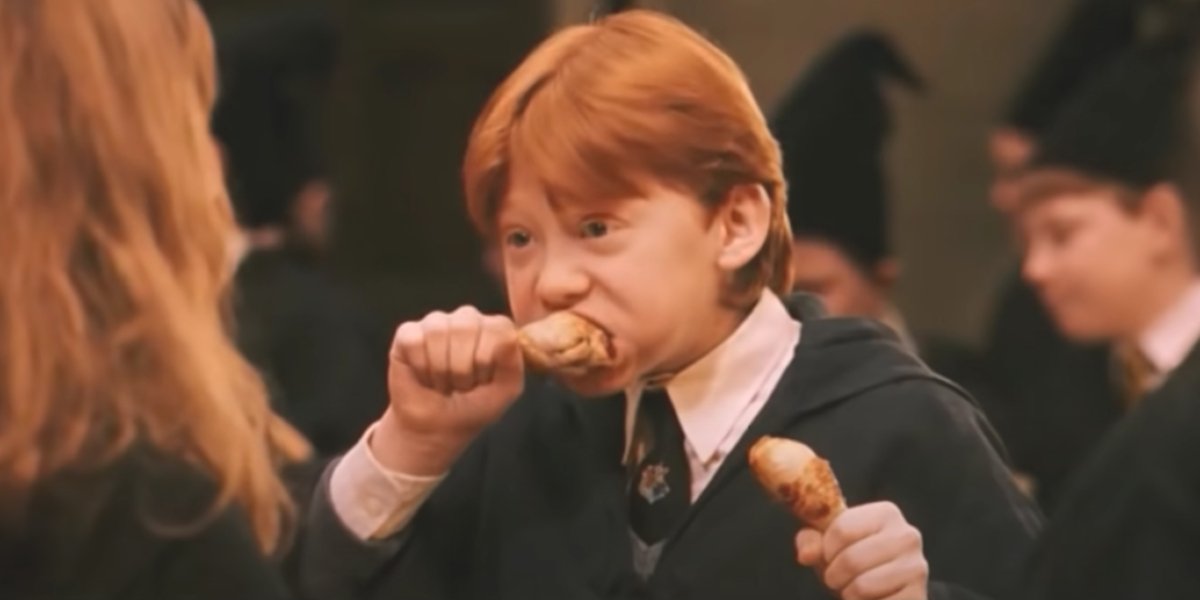
The Great Hall Set Often Had A Very Unpleasant Smell With All The Rotted Food
Speaking of Hogwarts… remember all of those great feasts scenes that are peppered in throughout the Harry Potter And The Sorcerer's Stone? Well, all of that meat, veggies, fruits, and delectable sweets were all in fact real food. So real that the cast had to be careful and not actually eat any of it, but not for the reason you might think. During an interview with BANG Showbiz (via Mirror), Warwick Davis, who portrayed Professor Flitwick (and Griphook at the goblin bank), revealed that the food would be left out for days at a time while they got through a specific scene, leaving behind quite a stinky mess, saying:
A lot of great feasts happened in there. You may film them for three or four days and the first day you step in there, they serve you a plate of food with lots of meats, vegetables and roast potatoes and you can eat the food. The next day, they go, 'Don't eat the food'… you just pretend now, it's been there all night. The fourth day, you could smell the Great Hall before you got in it. The food was the same and it had quite an amazing smell.
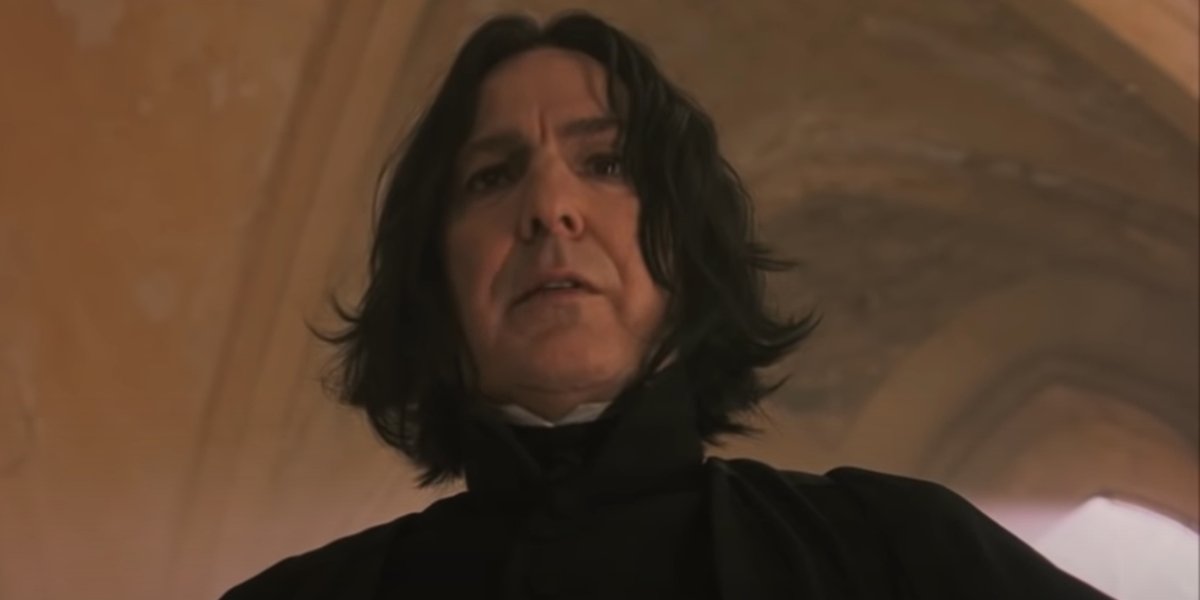
J.K. Rowling Let Alan Rickman In On A Secret About Severus Snape Very Early On
The late Alan Rickman gave one of the most memorable and tortured performances of any character featured throughout all eight Harry Potter movies as Professor Severus Snape. Part of that is due to the fact that J.K. Rowling let Rickman in on a little secret about the character soon after he was cast as the dark and mysterious Defense Against the Dark Arts professor.
During a 2011 interview with HitFix (via Vanity Fair), Rickman revealed that very early on in the project, J.K. Rowling approached him and shared some key information about his layered character, saying:
[It] helped me think that he was more complicated and that the story was not going to be as straight down the line as everybody thought. If you remember when I did the first film she'd only written three or four books, so nobody knew where it was really going except her. And it was important for her that I know something, but she only gave me a tiny piece of information which helped me think it was a more ambiguous route.
And even though Rowling didn't tell Rickman everything about his character, she did tell the late actor, what lies behind the word 'always,'" aka, Snape's most heartbreaking line in the books and movies.
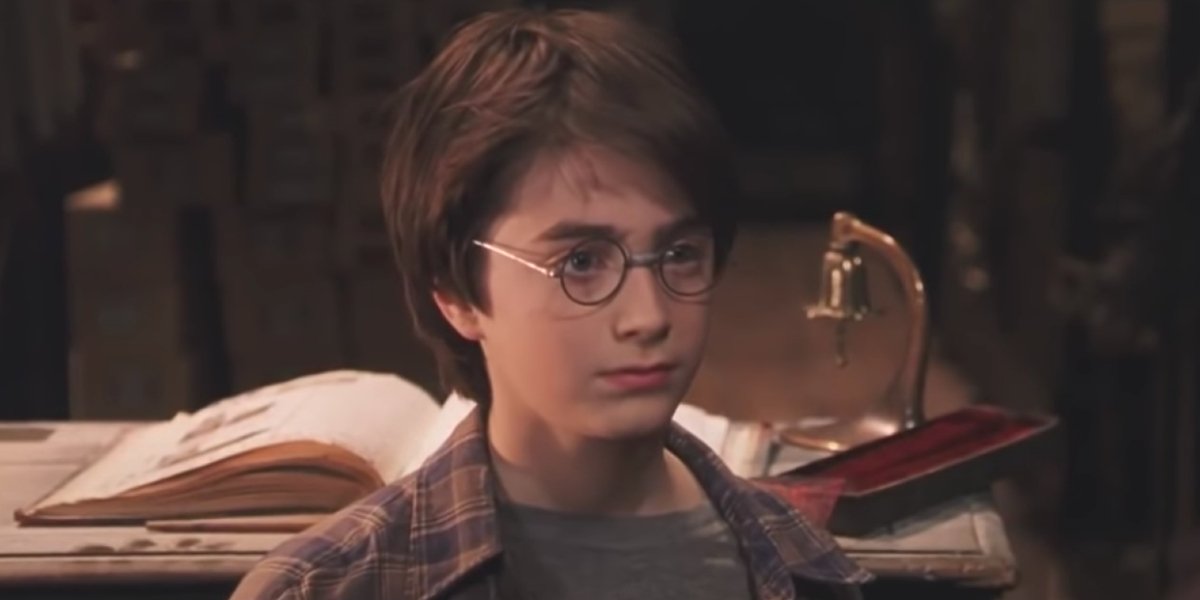
Daniel Radcliffe's Portrayal Of David Copperfield Got Him The Role Of Harry Potter
Daniel Radcliffe would go on to become a household name around the world following his portrayal of Harry Potter, a role that allowed the actor take on some more daring roles in the future. But there was only one credit to the young Radcliffe's name before The Sorcerer's Stone: a young David Copperfield in a 1999 BBC adaptation of the Charles Dickens book.
Lucky for Radcliffe — and millions of adoring fans — Chris Columbus saw a recording of the performance and and thought he would be the perfect fit, according to Time. Just imagine a world where Columbus didn't see the tape. Would we have ever seen his portrayal of a farting corpse in Swiss Army Man?
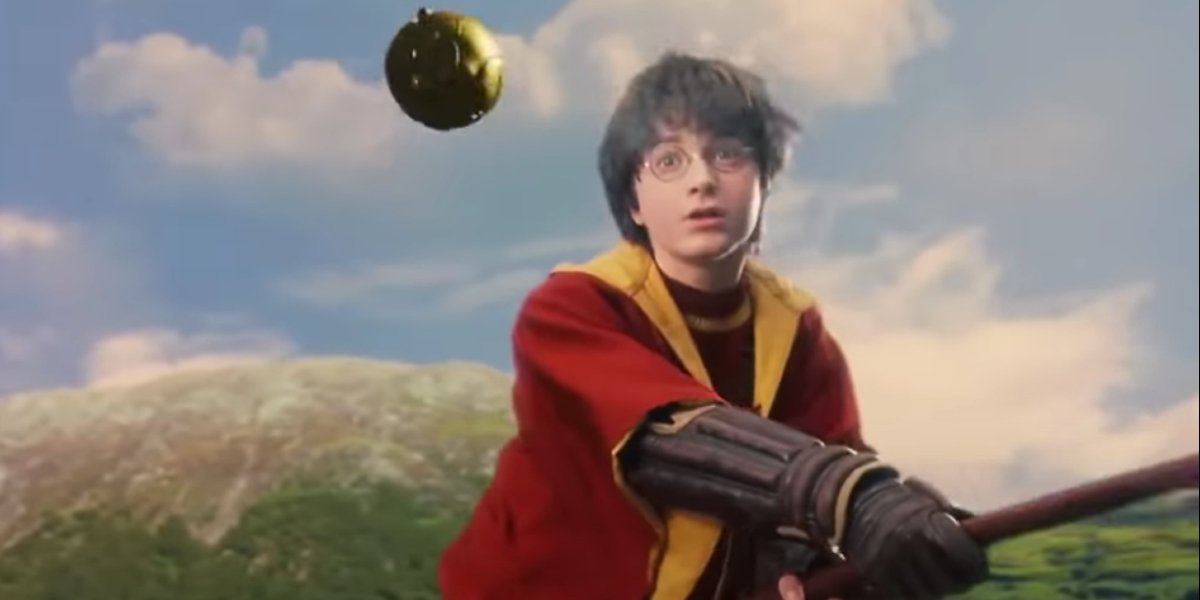
Daniel Radcliffe Had To Wear Green Contacts To Fit The Books’ Description Of Harry Potter
Since we're on the topic of Harry Potter himself, here's another rather fascinating bit of knowledge about Daniel Radcliffe's portrayal of the young wizard in Harry Potter And The Sorcerer's Stone. In the novels, Harry is described as having green eyes, which created a problem for the producers of the film when they discovered that Radcliffe has blue eyes. This meant they would have to resort to using contacts to make the actor's eyes match up with the character's description.
During a 2005 interview with BBC, Daniel Radcliffe had this to say about the painful process:
I tried contacts in the first film because in the book Harry's eyes are supposed to be a brilliant green and mine are much bluer than they should be. So we put green contact lenses in but they were excruciatingly painful. So I don't think we'll be going back down the contact road if I can avoid it.
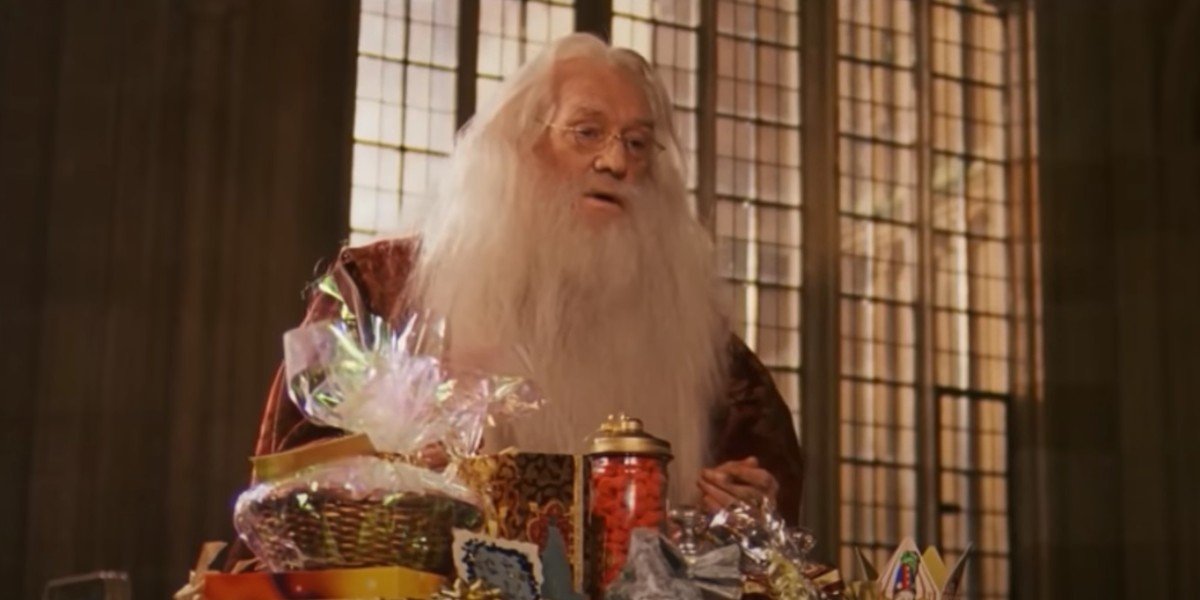
Richard Harris Turned Down The Role Of Professor Dumbledore Three Times Before His Granddaughter Stepped In
Richard Harris, who portrayed Professor Albus Dumbledore in the first two Harry Potter movies before his death in October 2002, was initially hesitant to take on the role, and even turned down a spot in The Sorcerer's Stone an astonishing three times before he wised up.
According to a 2001 report from Zap2it.com (via The Guardian), Harris was well aware of the earning potential of the franchise, but at 71 years of age, he didn't want to be forced to sign on for all of the sequels. That is until his granddaughter stepped in:
She said, 'Papa, I hear you're not going to be in the Harry Potter movie,' and she said, 'If you don't play Dumbledore then I will never speak to you again.'
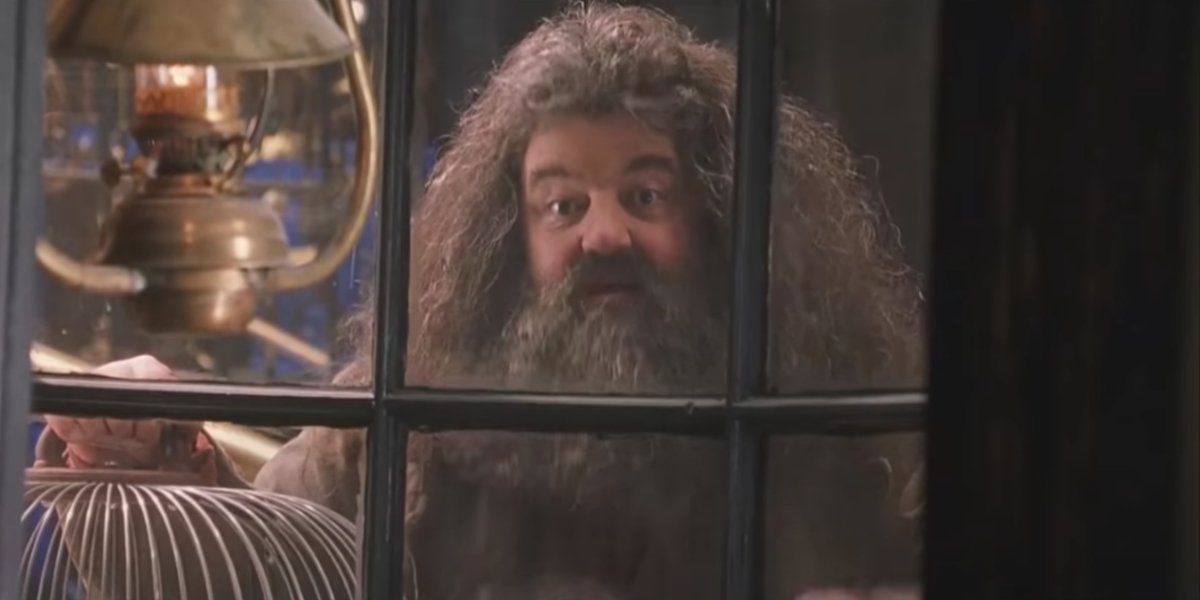
Robin Williams Almost Played Hagrid, But The Producers' British-Only Rule Got In The Way
And for our final bit of behind the scenes information on Harry Potter And The Sorcerer's Stone, let's look at perhaps the biggest casting what-if. In a 2017 Huffington Post interview (via The Guardian), casting director Janet Hirshenson confirmed that Robin Williams fell victim to the "Brits-only" rule the producers of the film put in place during the casting of Hagrid, stating:
Robin had called because he really wanted to be in the movie. But it was a British-only edict, and once he said no to Robin, he wasn't going to say yes to anybody else, that's for sure. It couldn't be.
Robin Williams vaguely alluded to the rejection during a 2001 New York Post interview (via The Guardian), in which the late comedian stated:
There were a couple of parts I would have wanted to pay, but there was a ban on [using] American actors.
Those are just 10 of the fascinating facts about from Harry Potter And The Sorcerer's Stone. Let me know if the comments below if you found any of these to be interesting, and make sure to check back and see if The Chamber Of Secrets is next.
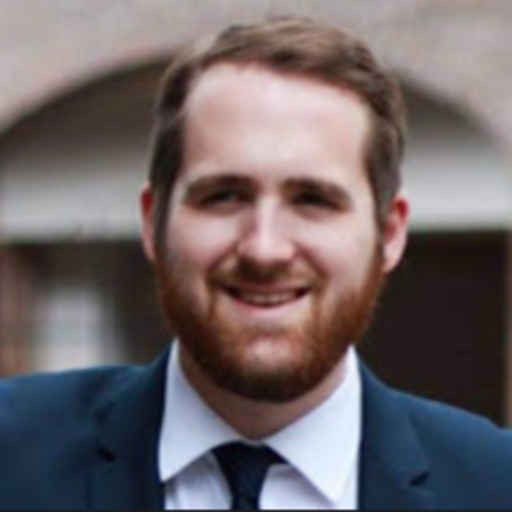
Philip grew up in Louisiana (not New Orleans) before moving to St. Louis after graduating from Louisiana State University-Shreveport. When he's not writing about movies or television, Philip can be found being chased by his three kids, telling his dogs to stop barking at the mailman, or chatting about professional wrestling to his wife. Writing gigs with school newspapers, multiple daily newspapers, and other varied job experiences led him to this point where he actually gets to write about movies, shows, wrestling, and documentaries (which is a huge win in his eyes). If the stars properly align, he will talk about For Love Of The Game being the best baseball movie of all time.
